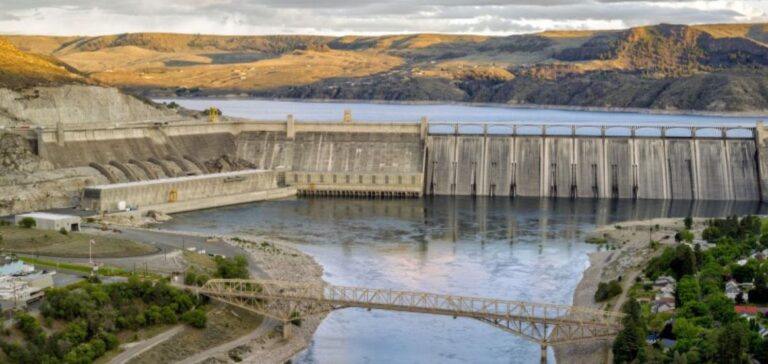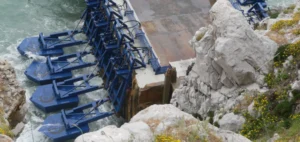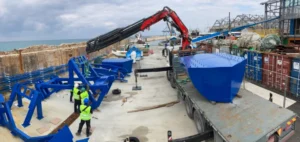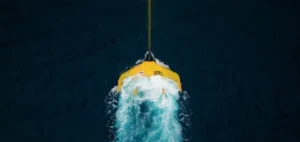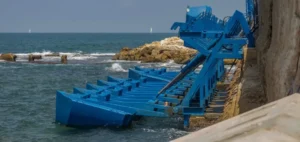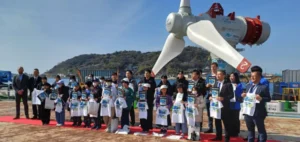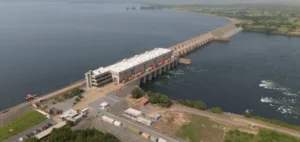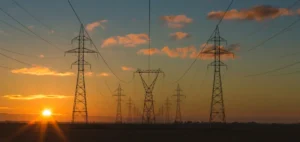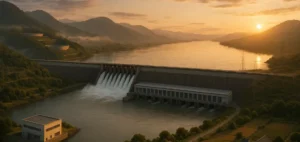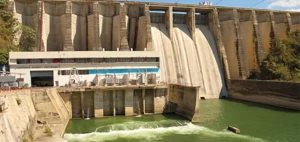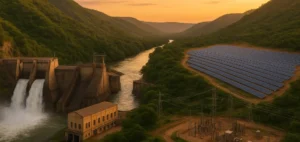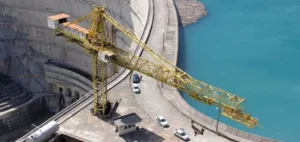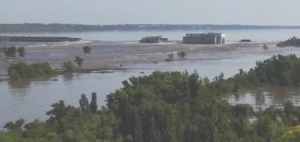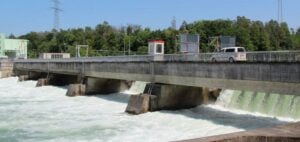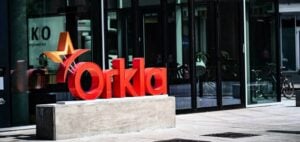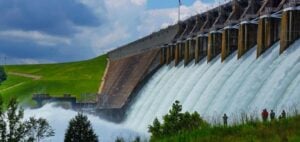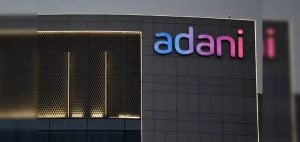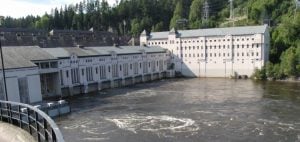This technical collaboration gives selected participants access to the DoE ‘s Manufacturing Demonstration Facility (MDF) at ORNL. These facilities offer advanced equipment and experienced personnel to explore innovative materials applications and manufacturing methods. Companies can experiment with new approaches, test ideas and validate concepts. The solutions developed within this framework can help transform hydroelectric production.
The potential of advanced materials and manufacturing
Traditional manufacturing methods and materials still dominate the hydropower industry, but advanced manufacturing and new materials are opening up new possibilities. Not only can they strengthen the US manufacturing industry, they can also transform the energy sector by optimizing processes and reducing costs. The use of additive manufacturing (3D printing) helps to reduce waste while promoting the production of more modern and efficient turbines. These technologies offer greater sustainability and alleviate the challenges of maintaining and operating hydroelectric facilities.
Purpose of collaboration
This opportunity for technical collaboration enables companies to explore new ways of improving the performance of hydroelectric technologies without committing major resources. What’s more, it allows participants to experiment with innovative solutions in complete safety. As a result, this model encourages creativity while limiting the risks associated with major investments. In addition, collaboration enables companies to focus on improving the performance and sustainability of hydropower technologies, while gaining access to high-level resources and expertise.
Project criteria and processes
To be eligible, projects must meet three main criteria: be clearly applicable to hydropower technologies, provide benefits to the U.S. hydropower industry as a whole, and align with the strategy of the WPTO (Energy’s Water Power Technologies Office) and the research scope of the MDF. If the submitted concept is found to be compliant, applicants will work with ORNL technical staff to develop detailed proposals. These projects require a 50% financial contribution, and proposals will be reviewed on an ongoing basis until funds are exhausted.
This technical collaboration opportunity, launched in 2022, brings together industry leaders, researchers and academics. The report produced has influenced WPTO’s strategy to promote advanced materials and manufacturing in hydropower. This program aims to reduce costs, improve performance and solve the sector’s operational challenges, while promoting creativity and limiting risks.

